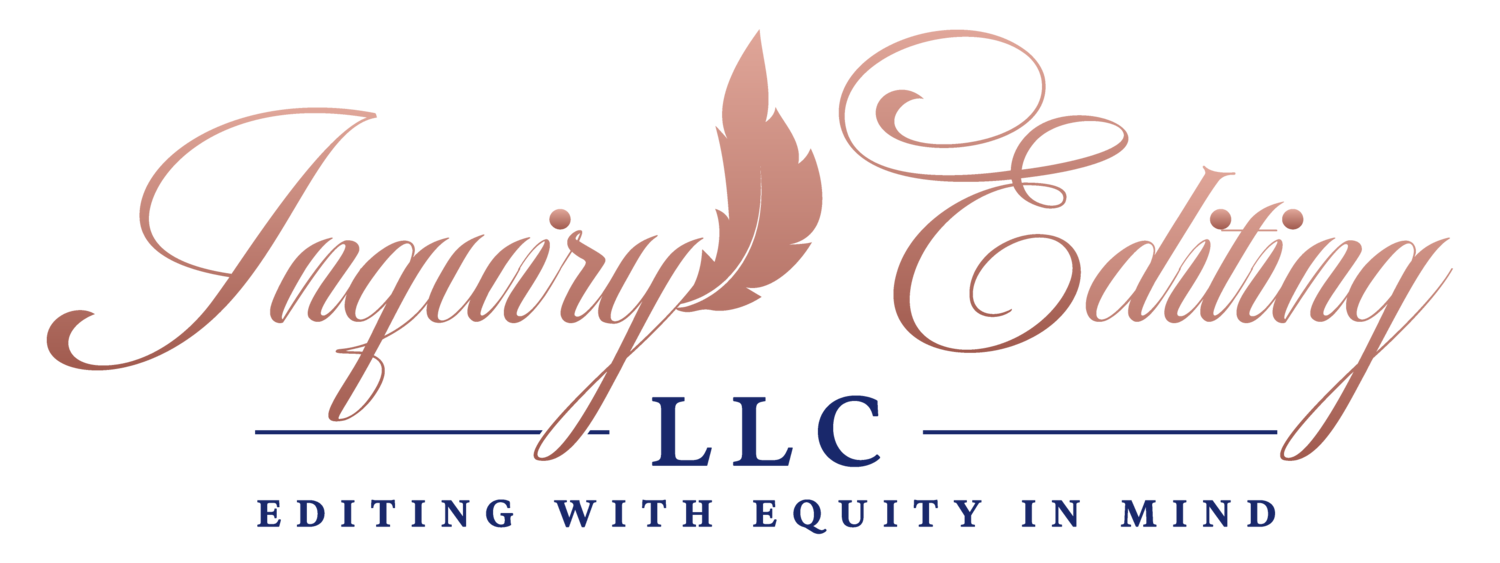Inspiration - Top Chef
I don’t really believe in inspiration when it comes to writing. Don’t get me wrong, I believe in the existence of inspiration and its utility. With regard to writing, consistency is so much more important to me after being inspired. Yet, inspiration hovers around helping us begin, continue, or end projects. So, I want to spend a few weeks talking about taking inspiration from other art forms.
Anyone who knows me knows that I love a good cooking show. We are going to start with season 21 of Bravo’s Top Chef. This season is hosted by the indomitable Kristen Kish (season 10 winner).
Most episodes require chef-testants to cook a quickfire and an elimination challenge. The quickfire challenge usually sets them a task. The elimination challenge usually requires a more arduous task, with more time, complexity, and latitude. Each challenge this season relies on local food cultures in Wisconsin. So, lots of dairy. Lots of cheese.
The nature of culinary art is ephemerality and reproducibility. These chefs make something that no longer exists after about thirty minutes. Often, the name of the game on Top Chef is immediate reproduction, as in 40 servings. A chef’s career, though, comes from long-term reproducibility as in cookbooks and great service at their restaurant night after night. After all, one of the criteria for a Michelin Star is consistency. Can a diner have the same experience, same quality food any day of the week?
One Top Chef quickfire really excited me. The chefs were in Madison, Wisconsin. They had to take inspiration from the recipes of Chef Carson Gulley, the Black chef who served U of Wisconsin – Madison dorms in the 1950s. He and his wife also had a cooking show, the first Black couple to do so. In the 1950s! The chefs all handled inspiration differently: some attempted to mask the original flavors, some swapped out ingredients to make the recipe their own, others attempted to shift the recipe’s original purpose to suit their own purpose, and the remaining chefs tried minor changes in technique to enhance Chef Gulley’s original creation.
What does all this have to do with writing?
Whereas cooking relies on ephemerality, writing attempts to thwart it. We write things that are meant to permanently live on. Yet, both art forms have in common a desire to create a composition: a statement about theory and ideas. Must flour, butter, and sugar always result in a cake? Can it be deconstructed? Must 14 lines always be a sonnet? Must a study always be a monograph?
The chefs on Top Chef must always channel their point of view while they conform to, bend, or even break culinary rules. The most successful chef for the above quickfire challenge channeled his Haitian culinary background through Chef Gulley’s sauce. Chef Charly Pierre relied on elements in the creole sauce to sharpen the taste of the ingredients he bought in the farmer’s market.
We, too, must always channel our point of view while conforming to, bending and/or breaking the rules. We, too, must translate the ephemerality of thought into the permanence and reproducibility of a manuscript. We, too, must balance salt, fat, acid, and heat.
